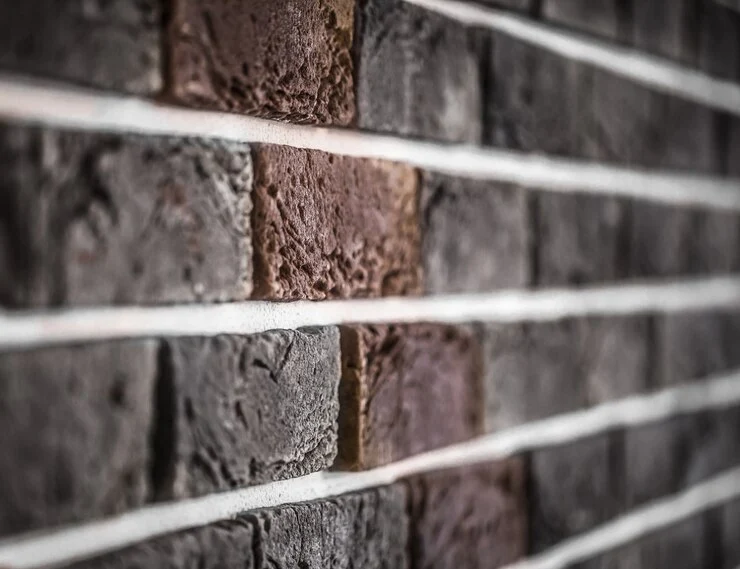All About Concrete Block Manufacturing: A Comprehensive Guide

All About Concrete Block Manufacturing: A Comprehensive Guide
Concrete blocks are a fundamental building material widely used in construction due to their strength, durability, and versatility. This article delves into the intricate process of concrete block manufacturing, exploring the materials, methods, and applications that make these blocks a cornerstone of modern architecture. Say hello to one of the best concrete block manufacturers in UAE, Berisha Brick.
Materials Used in Concrete Block Manufacturing
Concrete blocks primarily comprise three essential ingredients: cement, aggregates, and water. Cement, often Portland cement, acts as the binding agent, ensuring the blocks' structural integrity. Aggregates, including sand, gravel, or crushed stone, provide bulk and stability. Water activates the cement, initiating the chemical reaction that solidifies the mixture into a durable block.
Production Process of Concrete Blocks
The manufacturing process of concrete blocks involves several critical steps:
1. Mixing: The raw materials are thoroughly mixed to achieve a consistent blend. The proportions of cement, aggregates, and water must be carefully controlled to ensure the desired strength and quality of the blocks.
2. Molding: The mixture is then placed into molds to shape the blocks. Various mold designs allow for the production of different block types and sizes, catering to diverse construction needs. Depending on the scale of production, the molding process can be manual or automated.
3. Compaction: The mixture is compacted within the molds to remove air pockets and ensure uniform density. This step is crucial for the blocks' structural integrity and overall performance.
4. Curing: The freshly molded blocks must cure to achieve their full strength. Curing can be done through natural air drying or more controlled methods like steam curing, accelerating the process. Proper curing is essential to prevent cracking and ensure durability.
5. Quality Control: Throughout the manufacturing process, quality control measures are implemented to check the blocks for uniformity, strength, and other essential properties. Blocks that fail to meet the standards are discarded or recycled.
Applications of Concrete Blocks
Concrete blocks are used in various construction applications due to their versatility and strength. Common uses include:
- Load-bearing Walls: Concrete blocks are ideal for constructing load-bearing walls in residential, commercial, and industrial buildings.
- Non-load-bearing Walls: They are also used for partition walls, offering sound insulation and fire resistance.
- Paving and Landscaping: Concrete blocks are popular for paving walkways, driveways, and garden landscapes due to their durability and aesthetic appeal.
- Retaining Walls: Their robustness makes them suitable for retaining walls to prevent soil erosion and manage landscapes.
Benefits of Concrete Blocks
Concrete blocks offer numerous advantages, making them a preferred choice in construction:
- Durability: They can withstand harsh weather conditions and resist wear and tear over time.
- Fire Resistance: Concrete blocks provide excellent fire resistance, enhancing the safety of buildings.
- Energy Efficiency: Their thermal mass helps regulate indoor temperatures, contributing to energy savings.
- Cost-Effective: The production and installation of concrete blocks are relatively affordable, making them a cost-effective building solution.
Conclusion
Concrete block manufacturing is a complex but essential process that provides versatile and reliable building materials. Understanding concrete blocks' materials, production methods, and applications helps us appreciate their pivotal role in modern construction. Their durability, fire resistance, and energy efficiency make them a valuable asset in creating sustainable and resilient structures.
